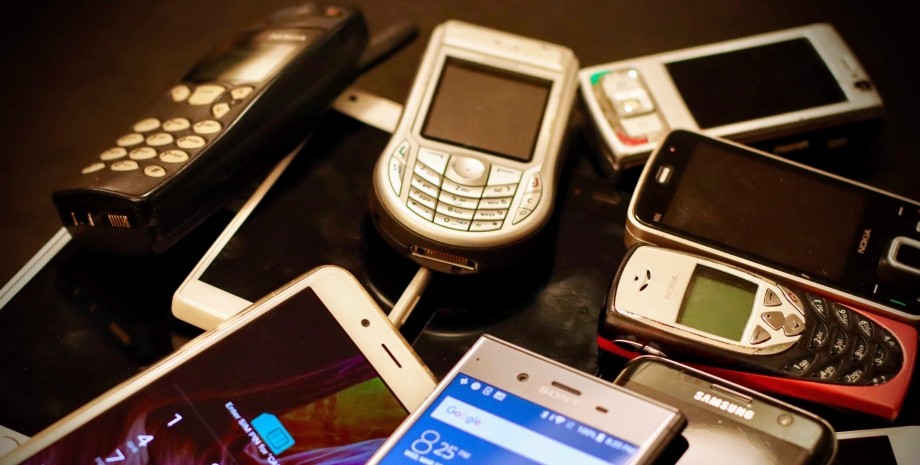
 By Natali Moss
By Natali Moss
Leaders in the number of leaks are e-commerce (46%of the total), retail (16%) and information and entertainment resources (10%). At the same time, the financial sector is leading the volume of data, which has over 80 million records in the six months. Among the greatest origins of the first half of the year is the incident with the platform Robo. finance, through which the data of clients of the MFI "Zaymer" (2 million records) and "A MODUS" (6 million records) came into open access.
Large origins also occurred in RENDEZ-VOUS stores (7. 6 million rooms and 4. 5 million e-mail addresses) and Orteca network (3. 8 million mobile phones). During January-June 2024, 144 cases of data leakage were recorded in Russian companies. Although the number of such incidents decreased compared to the first half of 2023 (from 207 to 144), the amount of stolen information increased by 14%. In total, more than 600 million records have been available in open access, although some data may be repeated.
Elbled information can be used by fraudsters in their social engineering schemes. In addition, mass origins of personal data lead to an increase in attacks on credit organizations with bots, spam calls and SMS messages. We will remind, on July 25, Focus wrote that cyberfactors of Ukrainian intelligence continue to attack Russian digital infrastructure. Under the blow were social networks, banking institutions, payment services.










All rights reserved IN-Ukraine.info - 2022